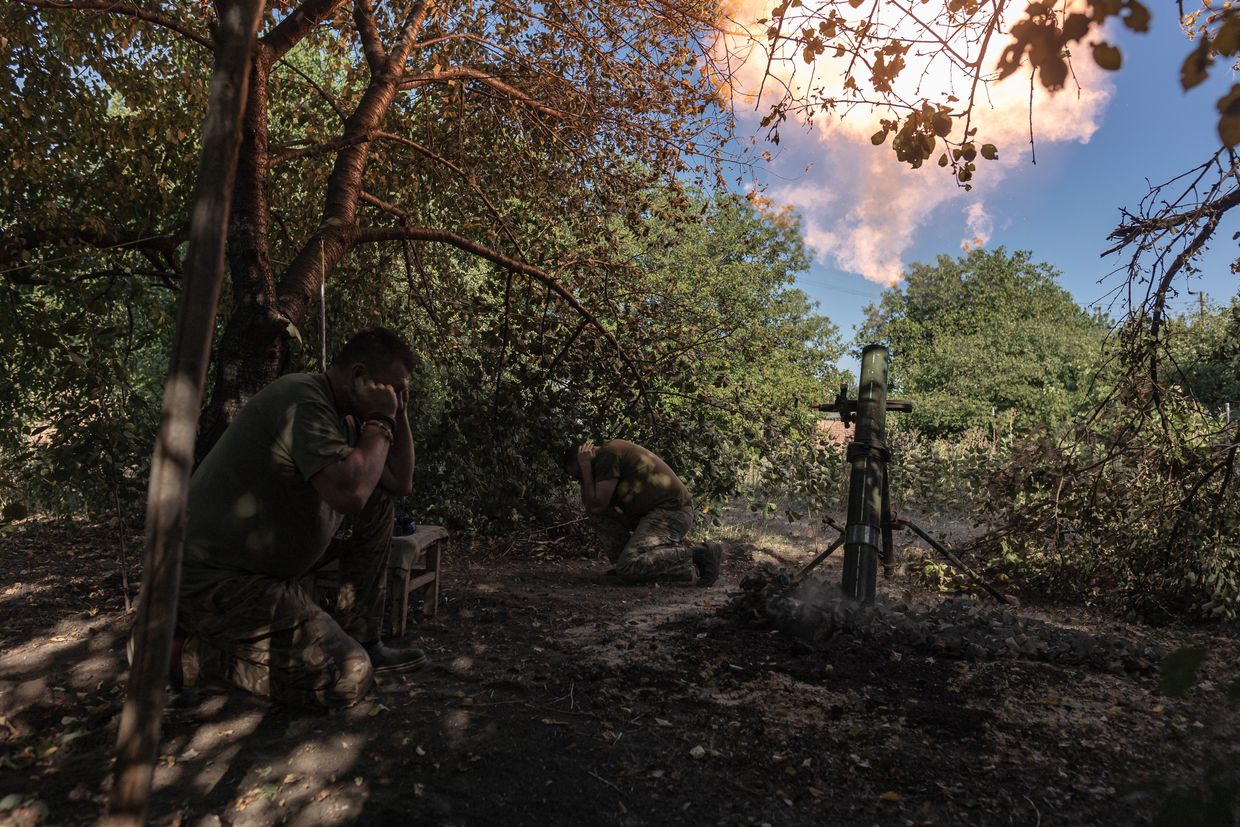Russian training exercise sparks mass air strike alert across Ukraine

After a pause of more than two months, for a few hours on the morning of Nov. 11 it seemed Russia’s forces were about to resume mass missile attacks against Ukraine – with winter right around the corner.
In Kyiv and cities across Ukraine, sirens sounded, people headed to shelters, emergency blackouts were introduced, and monitoring channels on Telegram tracked Russian heavy bombers in real time.
Yet, while warnings of an imminent mass aerial attack have been sounding for weeks, a few hours of tension and panic soon turned into relief as it became apparent it was a Russian aviation training exercise.
Andrii Kovalenko, Head of the Centre for Countering Disinformation at Ukraine’s National Security and Defence Council, warned against complacency.
“The Russians are ready for massive strikes. There are enough missiles, they are accumulated at strategic aviation airfields and continue to accumulate,” he said in a social media post.
“Aviation is also ready. Rehearsing the tactics of simulated launches by the Russians is also part of maintaining the readiness of aviation for action."
How the 'attack' unfolded
At around 3:30 a.m., monitoring channels on Telegram reported the take-off of eight Russian Tu-95s from the Olenya airfield.
Each Tu-95 can carry eight Kh-101 cruise missiles and are regularly used in mass aerial attacks on Ukrainian cities.
It was a Kh-101 missile that struck Okhmatdyt, Ukraine’s largest children’s hospital centrally located in Kyiv, on July 8. The last mass missile attack against Ukraine occurred on Sept. 2.
Air raid sirens sounded across the country shortly before 7:00 a.m. due to the takeoff of a Russian MiG-31K fighter jet. The jet can carry hypersonic Kinzhal missiles capable of hitting anywhere in the country within minutes.
Shortly after, Ukraine’s Air Force said the alert was also “related to the launch of cruise missiles from Tu-95MS strategic bombers.”
For those in Ukraine grimly experienced in following the development of an imminent mass Russian aerial attack, all the signs pointing to one unfolding were in place.
Across the country, people headed for shelters — including the European Union's chief diplomat, Josep Borrell, who arrived in Kyiv last week.
Starting my day in Kyiv in the shelter, as Russia unleashes another missile attack.
— Josep Borrell Fontelles (@JosepBorrellF) November 11, 2024
This is the daily reality for the Ukrainian people since Russia‘s full-scale invasion. pic.twitter.com/4h3Yrljrxy
Emergency blackouts were introduced in multiple oblasts, including Kyiv, a preventative measure designed to reduce the damage caused to energy infrastructure if it is damaged in a strike.
However, shortly before 7:30 a.m., monitoring channels on Telegram reported that despite the Tu-95s being given orders to launch, no missiles had been detected so far.
By 08:15 a.m., all eight Tu-95s were returning to their bases and the threat appeared to be over.
The official all-clear was given at 08:57 a.m.
But any relief is likely only temporary. Ukrainian officials have warned that Moscow is preparing to carry out further strikes against Ukraine’s electricity infrastructure ahead of winter months, including grid connections to generation from Ukrainian nuclear facilities, as it seeks to break the country's resolve.
Recently, Moscow has scaled back attacks with cruise and ballistic missiles. Experts who spoke to the Kyiv Independent said this may be in preparation for an unprecedented mass attack rather than any restraint from the Kremlin.












